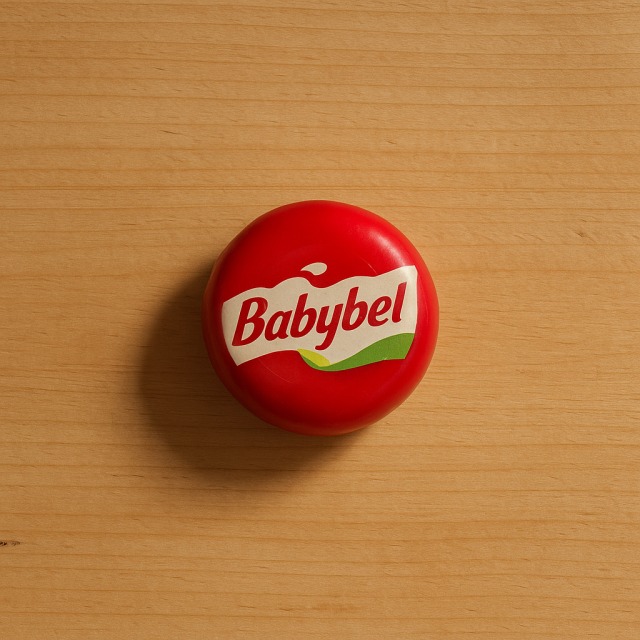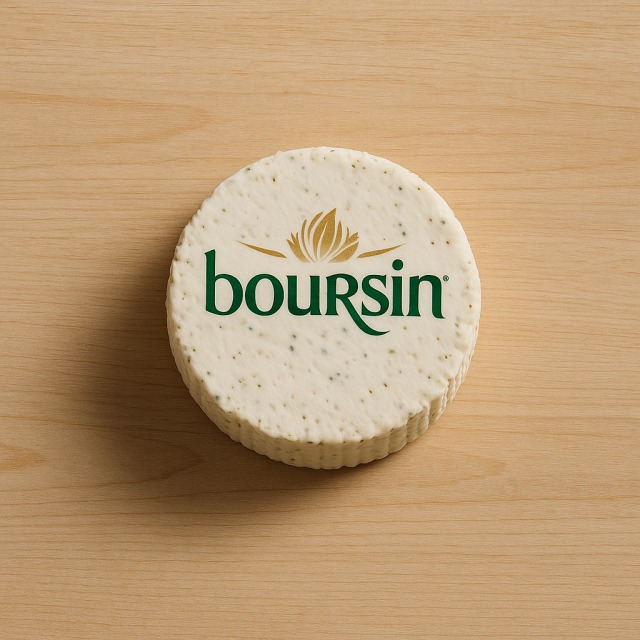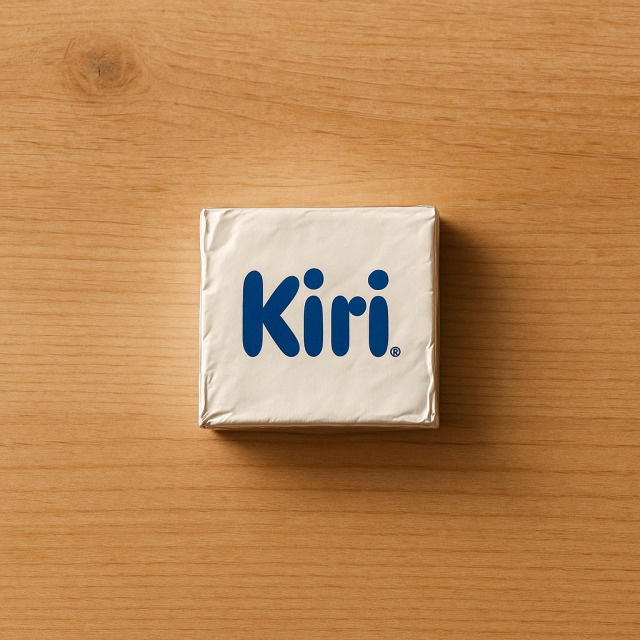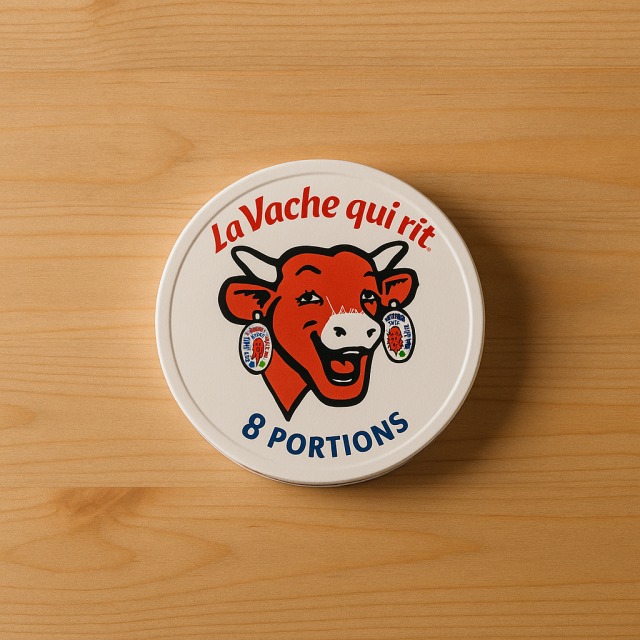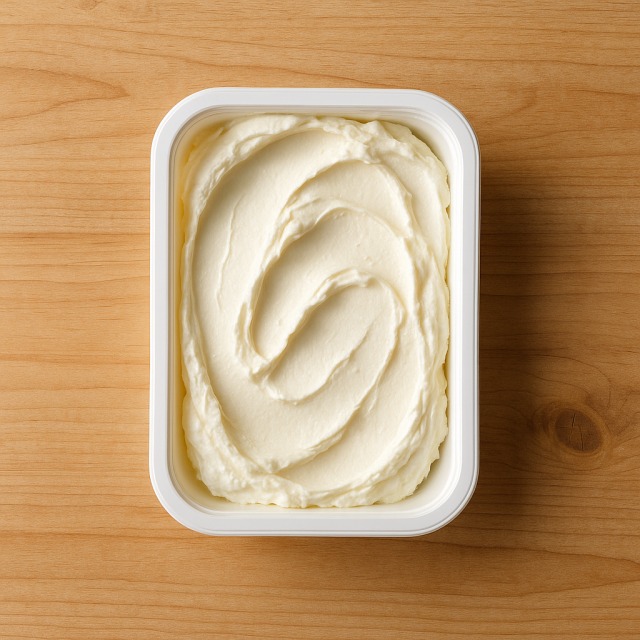Calorie Chart / Cheeses / Port-salut
How Many Calories Are in Port-Salut?
Calculation of the nutritional value & Recommended Dietary Intake of Port-Salut
For g and a calorie requirement of kcal
| Calories 145 kcal | Proteins 9.6 g | Lipids 12 g | Carbohydrates 0.8 g |
| 7% | 13% | 18% | 0% |
Health benefits of Port-Salut
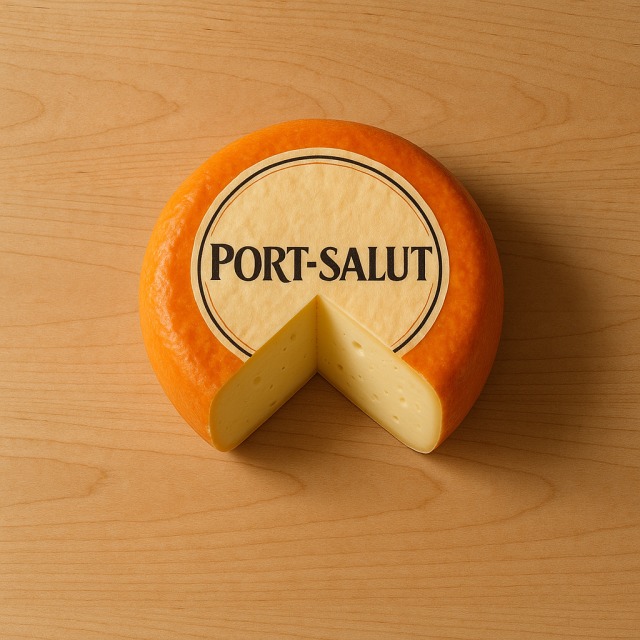
Port-Salut - 100g
Calories 362 kcal
Proteins 24 g
Lipids 29 g
Carbohydrates 2 g
Port-Salut is a semi-soft washed-rind cheese that delivers high calories: with 362 calories per 100 g, it clearly belongs to the high-calorie dairy products category. Those calories are not empty; they come with 24 g of proteins and 29 g of lipids that give the cheese a satiating power, useful for people who need dense calories in small portions.
Beyond calories, Port-Salut supplies valuable micronutrients. Its calcium content supports bone mineralisation, phosphorus helps normal energy metabolism, vitamin A contributes to vision and skin health, while vitamin B12 aids red-blood-cell formation. Trace amounts of zinc, selenium, and riboflavin complete the nutritional picture.
Originally created by Trappist monks in the 19th century, Port-Salut owes its characteristic orange rind to annatto, a natural coloring extracted from the seeds of the achiote tree. This historical anecdote reminds us that calories have travelled through time with this cheese, moving from monastery tables to modern family platters.
In summary, although the cheese is high in calories, its balanced mix of proteins, minerals, and fat-soluble vitamins can make it a useful food for athletes seeking concentrated calories or for individuals who need to regain weight.
Tips for incorporating Port-Salut into a balanced diet
Because Port-Salut is rich in calories, a little goes a long way in balanced recipes. Try a warm tartine: melt a thin slice over toasted baguette and top with fresh tomato slices and basil. The creamy texture adds flavor while controlling calories through portion size.
For a colorful plate with moderated calories, cube Port-Salut and serve it alongside steamed broccoli and roasted carrot. The vegetables add fiber and volume, helping you feel full without piling on extra calories.
If you crave comfort food, prepare a gratin by mixing diced Port-Salut with boiled potato and a spoon of semi-skimmed milk. Baking intensifies flavor so you can use less cheese and still keep calories reasonable.
Finally, athletes looking for post-workout calories can roll a slice of Port-Salut around strips of grilled chicken breast. This provides high-quality proteins and concentrated calories without resorting to processed snacks.
Frequently Asked Questions
- How many calories are in Port-Salut?
- There are 362 kcal per 100 g.
- Is Port-Salut considered high in calories compared with other cheeses?
- Yes, its 362 kcal per 100 g place it in the high-calorie range, slightly below very fatty cheeses like Mimolette but above lighter options such as Cancoillotte.
- Is Port-Salut suitable for a high-protein diet?
- With 24 g of proteins per 100 g, Port-Salut delivers valuable protein alongside calories; pairing it with lean items like turkey cutlet can raise protein intake without excessive extra calories.
- How does Port-Salut compare to Gouda in calories?
- Gouda provides about 356 kcal per 100 g, very close to Port-Salut, so switching between the two will not markedly change your calorie tally.
- Can people with lactose intolerance eat Port-Salut?
- Its lactose level is lower than that of milk but not negligible; sensitive individuals should test small amounts and monitor both digestion and total calories consumed.
- What is the best way to reduce calories when cooking with Port-Salut?
- Grate or shave the cheese finely to maximise surface area—this intensifies flavor so you can use less and cut calories, especially when topping vegetable dishes or pizza.
Similar foods
Information provided by Calorie Menu may contain inaccuracies or errors. It cannot, under any circumstances, substitute medical advice or medication.
